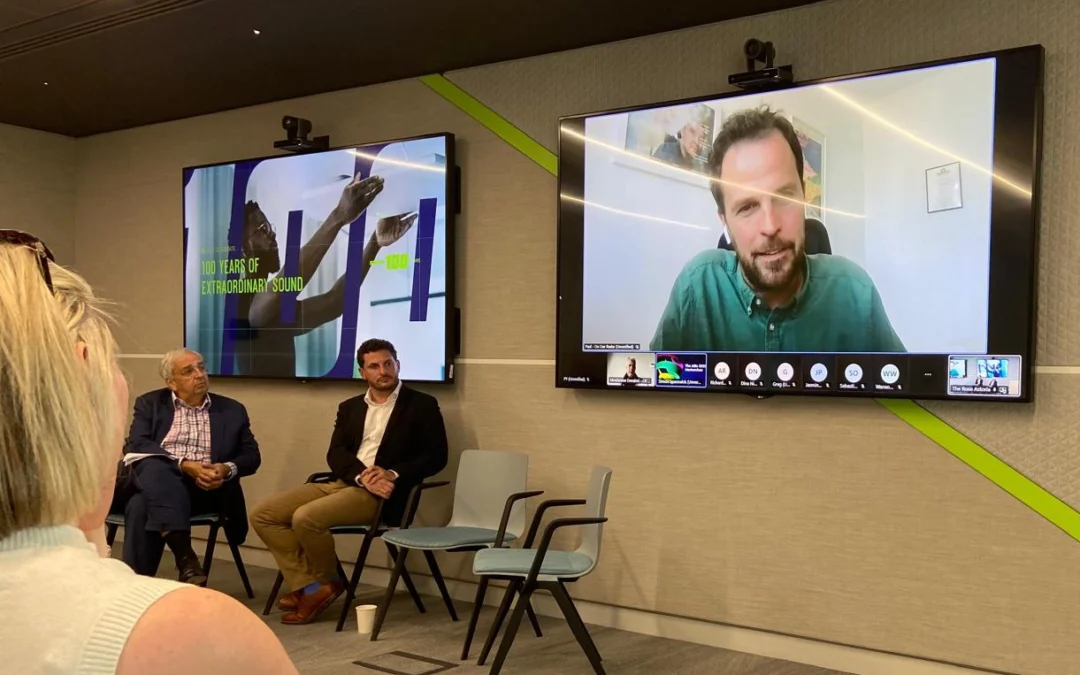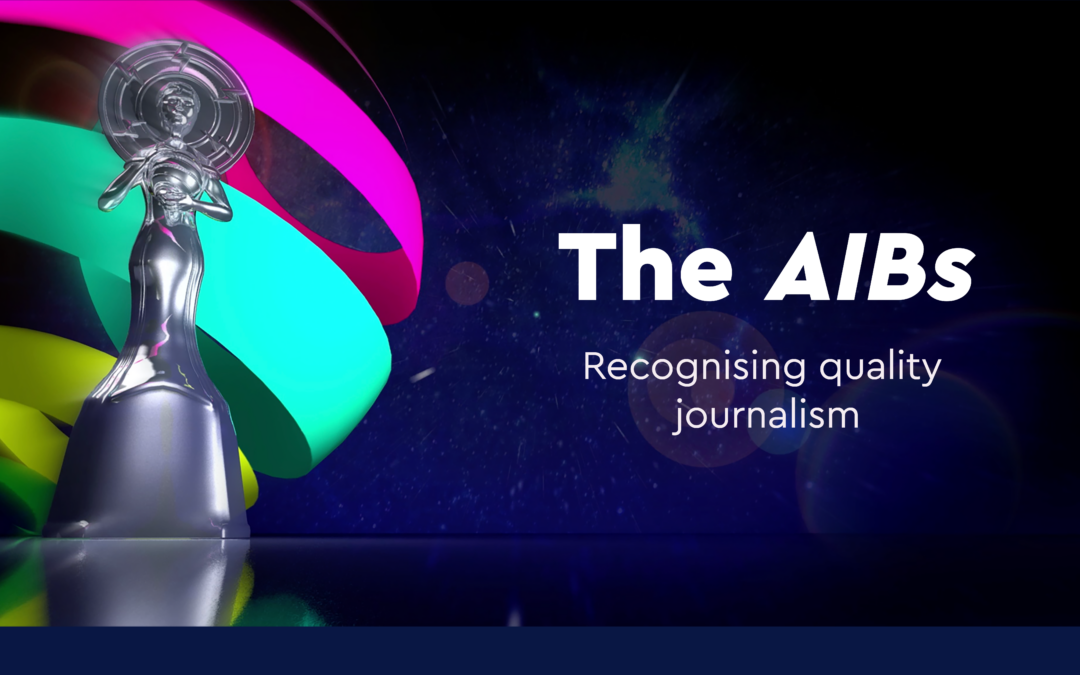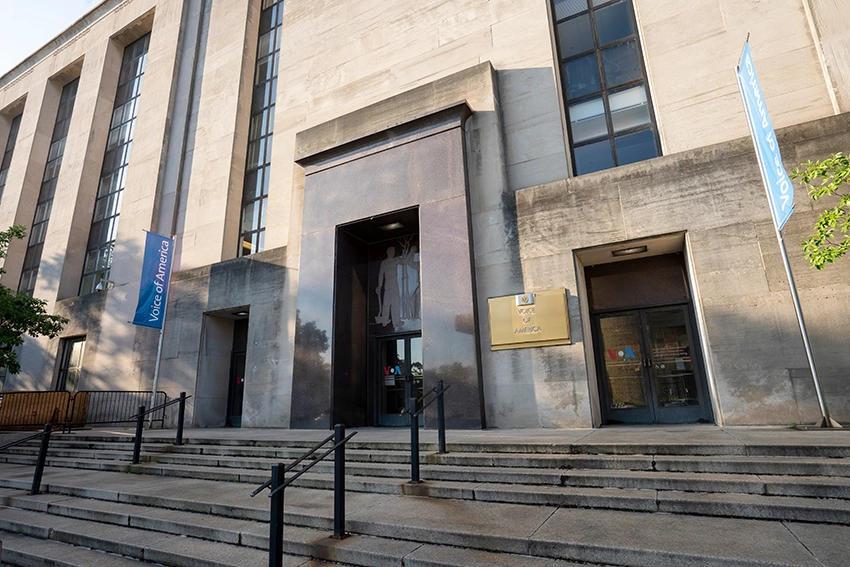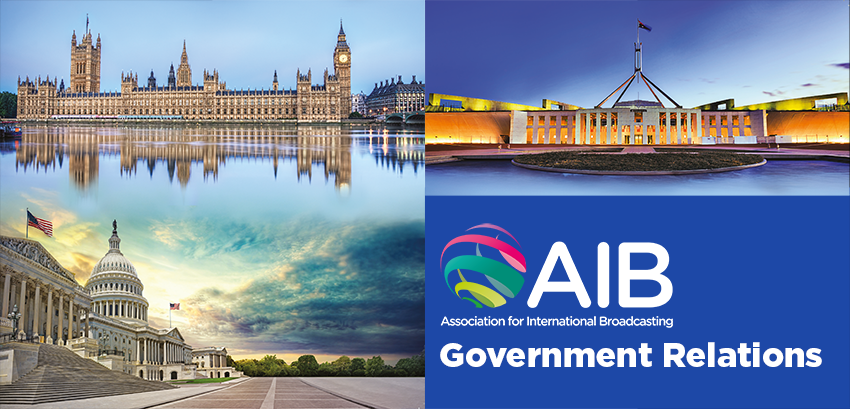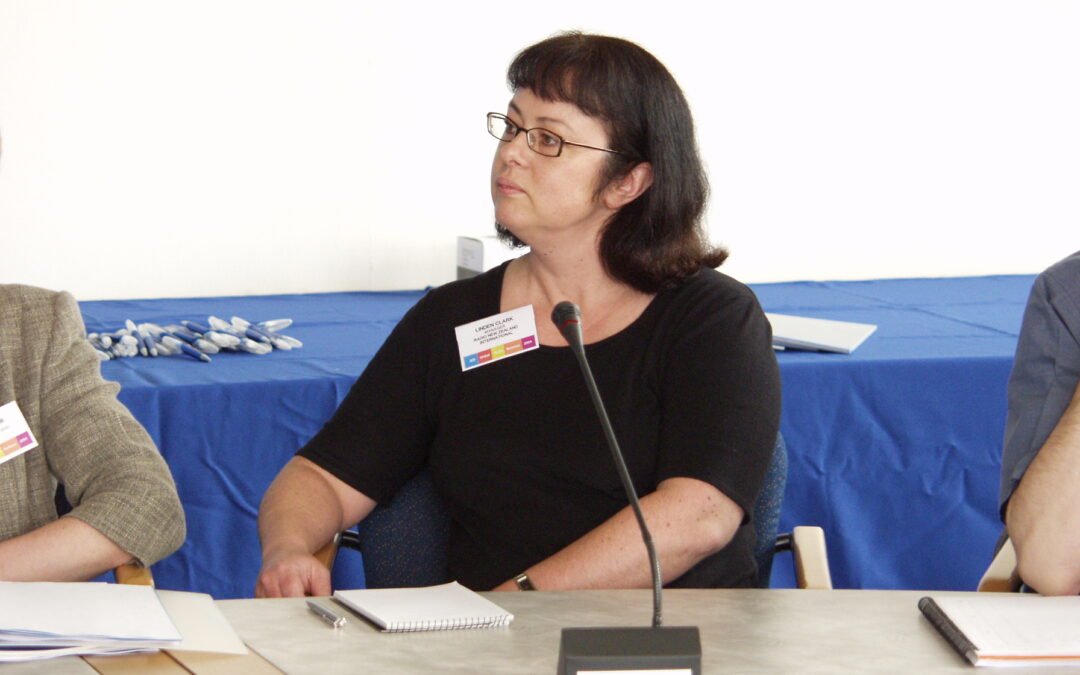21st annual competition for journalism and factual productions welcomes entries from around the world in all languages
The Association for International Broadcasting (AIB) is pleased to announce that entries are now open for the AIBs 2025 – the world’s premier awards for factual journalism and production across audio, video, and digital platforms.
For more than two decades, the AIBs have stood as a global benchmark for integrity, innovation, and impact in factual storytelling. These prestigious awards recognise the outstanding achievements of journalists, producers, and broadcasters who tell the world’s most important stories with clarity, impartiality, and courage.
In an age where trust in media is more critical than ever, the AIBs celebrate journalism that is fearless, accurate, and free from bias. Entries are welcomed from individuals and organisations across the globe, in any language, reflecting the truly international nature and influence of the AIBs.
Respected by newsrooms, media organisations, and audiences worldwide, the AIBs offer a platform to showcase work that informs, inspires, and holds power to account.
Categories for the AIBs 2025 include:
AUDIO CATEGORIES
- Arts and Culture
- Health and Social
- Investigative
- Journalist of the Year
- News Coverage
- Radio or Podcast Presenter of the Year
- Sustainability
VIDEO CATEGORIES
- Arts and Culture
- Breaking News
- Continuing News
- Domestic Affairs
- Health and Social
- Innovative Factual
- International Affairs
- Investigative
- Journalist of the Year
- Politics and Business
- Presenter of the Year
- Short Feature
- Sustainability
SPECIALIST CATEGORIES
- Channel of the Year
- Production Company of the Year
The AIBs are open for entry until 30 June 2025, after which the rigorous judging process led by international media leaders and experts will begin.
In addition to the competition, the AIBs provide a platform for journalists, editors and producers to share knowledge and expertise. Through the AIBs Masterclass – taking place on 29 April – colleagues and peers from across the journalism and factual productions worlds can exchange ideas and views and explore the motivation behind covering particular stories and making particular programmes. The AIBs Masterclass will have a number of shortlisted entrants from past competitions in conversation during a three-hour long event taking place at the Rose Shure Experience Centre in London, kindly hosted by Shure UK.
As well as programme makers and leading journalists, the Masterclass is open to the next generation with participants from journalism and media university courses joining the audience.
“The Masterclass is one of the ways that the AIBs help the international media industry,” comments AIB chief executive Simon Spanswick. “Each year we receive hundreds of hours of content from around the world telling remarkable stories. We want to help programme makers develop new ideas and learn from each other. The AIBs are about friendly competition and sharing expertise – a unique mix.”
Winners of the AIBs 2025 will be announced at the annual gala evening on 14 November 2025 in London.
For full details on how to enter and the submission guidelines, visit: www.theaibs.tv


